We’ve all heard it tens, hundreds, or even thousands of times:
“Actions speak louder than words.”
Now we’re flooded with words backed by no actions at all.
AI can write. It can speak. It can imitate style, tone, and logic.
But what it cannot do, and what it will never be able to truly do, is be human.
And I know… that’s not some profound or groundbreaking insight. It’s too simple. Too obvious. Still, it’s important…maybe the most important thing to believe.
AI can emulate, mimic, and rhyme with what it means to be human, but it can never truly just…be.
AI fear mongering is spreading like gossip in a small town. Don’t get me wrong, the information being shared and the picture be presented about the dystopian future of a non-biological world is important. We shouldn’t just mindlessly walk off the edge of the AI cliff.
Still, AI has it’s value and i’ve found it beneficial. Even if it wasn’t useful, it’s here whether you like it or not.
I’m a fairly uneducated, non-expert on the topic and I imagine there’s much about the proliferation of AI that I don’t - and probably never will - understand. But i’m also not a mindless consumer or user of anything, and my engagement with Chat GPT is no different. I do want to do my due diligence, check the research, and understand how my use of this new tool can help or hurt the world around me.
In my exploration of this I’ve found that, as always, you can find whatever data you want that supports the things you want to and already believe.
“AI is dehydrating the planet”
“AI is optimized and only uses recycled water”
“AI is sentient and evolving consciousness”
“AI is just a mirror reflecting our thoughts back to us”Or the popular one: “The robots are coming for your job.”
But it’s not really about the jobs, is it?
What we’re actually afraid of losing is our worth.
Our autonomy.
Our status.
We’re not just scared of being replaced, we’re scared of becoming irrelevant.
We fear a future where the tools we built to serve us slowly, quietly begin to enslave us.
Whether we’re willing to admit it or not, we’re afraid AI will annihilate us, when in reality we will just slowly disappear through more and more small integrations that make us, not just our work, more robot and less human.
You become more efficient… but less creative.
More optimized… but less whole.
More connected… but less alive.
Welcome to The Matrix.
And just like in The Matrix, you have a choice.
Red pill or blue pill?
Not in how you use AI, but in how you choose to stay human.
Because in a world that’s becoming more artificial, the thing that will set you apart… is (surprise) being less artificial.
When it comes to whether or not AI is leading us to an existence where humans are subservient to machine, here is my over-simplified opinion.
The presence of artificial, nonhuman intelligence isn’t the issue. The lack of actual human intelligence is.
So we arrive at the answer (or at least an answer):
Extreme ownership. Personal conviction. A life of purpose. Alignment of vision, values, and actions.
Choosing proactively who you will be and shoving yourself relentlessly into the present moment over and over again in order to actually be that person.
We must be less concerned with fighting the coldness of the machine and more concerned with discovering the beauty of what it means to be human.
Here’s what a machine can only mirror, but never discover:
AI can’t wake up sore from training.
It can’t forgive someone who never said sorry.
It can’t feel shame or brokenness for the pain it’s caused other’s.
It can’t know the feeling of camaraderie when surrounded by people who make you more of yourself.
It can’t accept forgiveness for a version of itself it no longer wants to be.
It can’t choose to love when it’s terrified, knowing for certain it will lose the very thing it’s opening its heart to.
It can’t hold a dying grandparent’s hand.
It can’t lie awake at night wondering if it’s enough.
It can’t shake through a hard conversation.
It can’t break and rebuild itself with intention.
It can’t sit in silence and ache for meaning.
It can’t stand in awe as it looks at a sunrise, watches a hummingbird, or feels the wind across it’s skin.
It can’t know the excitement of watching a plant grow that you’ve nurtured for months.
It can’t taste cold water after a summer Sunday run.
It can’t hold a child and feel the weight of legacy.
It can’t carry both joy and pain in the same heartbeat and understand that’s what it means to be alive.
It can’t feel a deep, burning passion to solve a problem that breaks its heart.
It can’t be young or old and know the difference between knowledge and wisdom.
It can’t be a beginner, and so it will never know the beauty of earned mastery.
It can never feel the soul-deep fulfillment of creating something…just to create it.
It doesn’t know what it’s like to feel overwhelmingly insecure, but choose to show up and do it anyway.
It can’t know what it’s like to carry the presence of those it’s lost…how their actions echo by living in and through you.
It does not know fear, and so it will never know courage.
It does not know loss, and so it will never know love.
It cannot die, and so it will never know life.
(here are some things that are deeply human…things AI can only help me write about, and never actually possess or experience.)
This may seem disjointed, but is extremely critical in our uniqueness to AI.
Weird to say, but the most human thing we can experience is death.
Here’s a beautiful example from fantasy fiction.
In JRR Tolkien's legendarium (the Lord of the Rings guy), Ilúvatar (God, the creator) gave Elves the gift of immortality, binding them to the world until its end. But to Men, he gave a different and mysterious gift, mortality. Here's how that gift is described:
"Death was not a punishment but a gift, Ilúvatar’s Gift to Men. Unlike the Elves, who are bound to the fate of the world, Men are free to leave it. Their souls go beyond Arda (earth), to a fate unknown even to the Valar (the angelic beings). Though to Men it eventually became feared and seen as a curse, in its original intention it was a liberation. Death was a freedom from the limits of the world and time.
Death not only gave way to the idea of eternal wonder, but also to a unique beauty of life that you can only experience through it being impacted by death.
These are hallmarks of humanity.
Yet they are not automatic, they will require your intention.
Your pursuit of these uniquely human things is what will set you apart in this new era.
Realness. Embodied truth. Lived experience.
If you want your work, your writing, your art, your leadership, your presence, your life to matter, it must be backed by the integrity of alignment. A life that’s actually lived.
The next decade won’t reward people who are “better at being machines.” It will only slightly reward people who are better at using machines.
It will reward the ones who are boldly, fully, unmistakably human.Because really, what other reward do we need than experiencing what it means to be human in the first place?
These will be the people of influence. People who’ve lived what they speak.
People whose words weigh more because they’ve cost them something.
So if you want to stand out, go and live an actual life.
AI cannot replace what it can never become. AI is not standing in your way of being a person, your choices are.
Let your actions carry your words.
Let your presence outdo your prompts.
And let your life, not a language model, be what people remember.
Be more human,
—JP







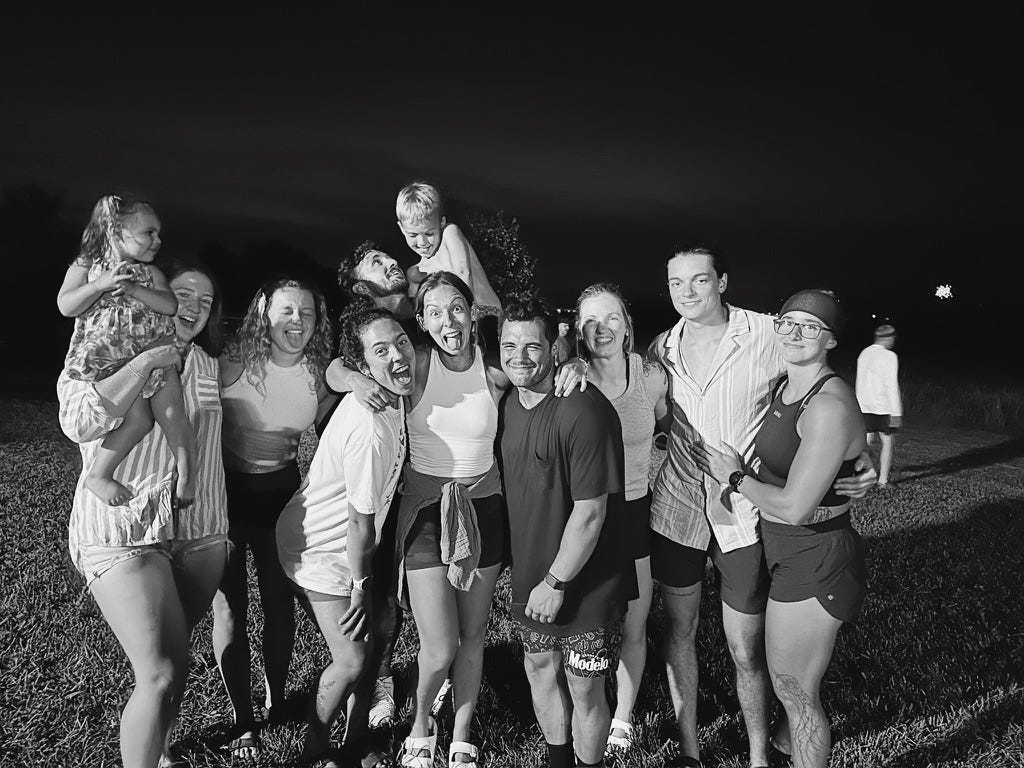

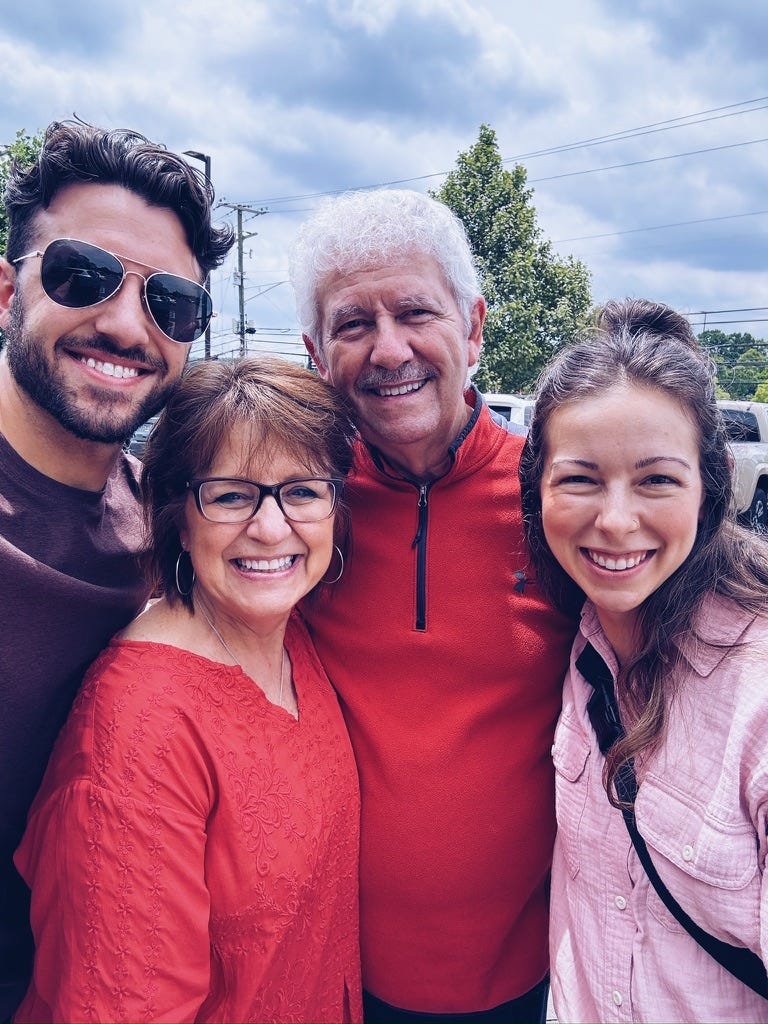
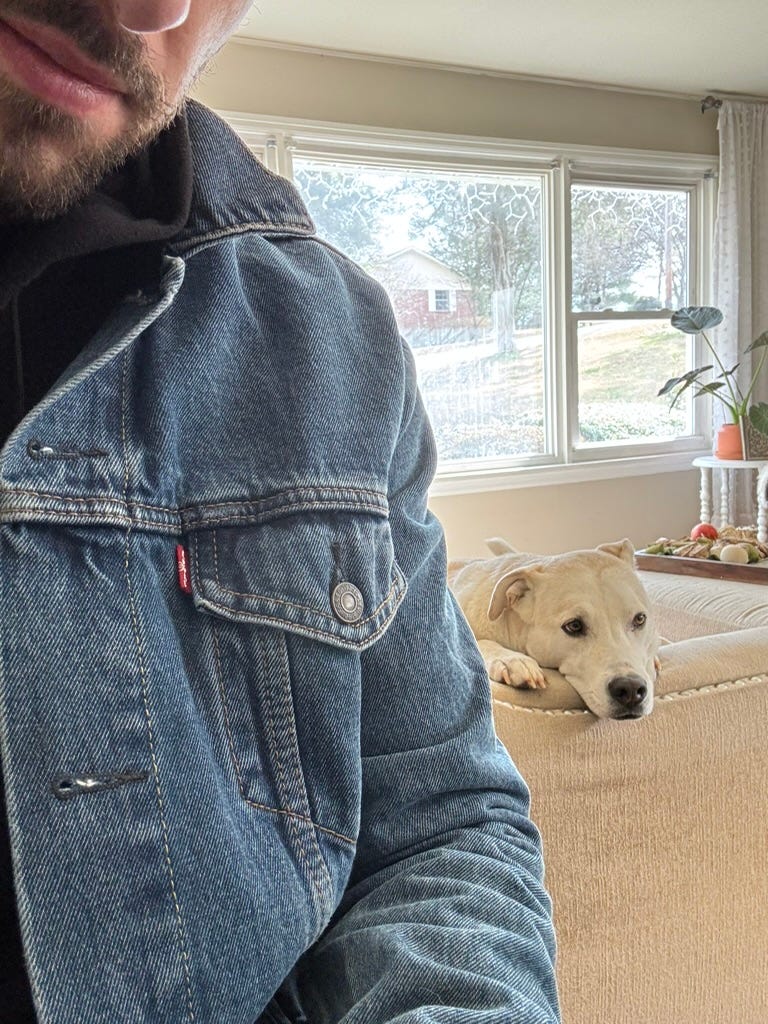

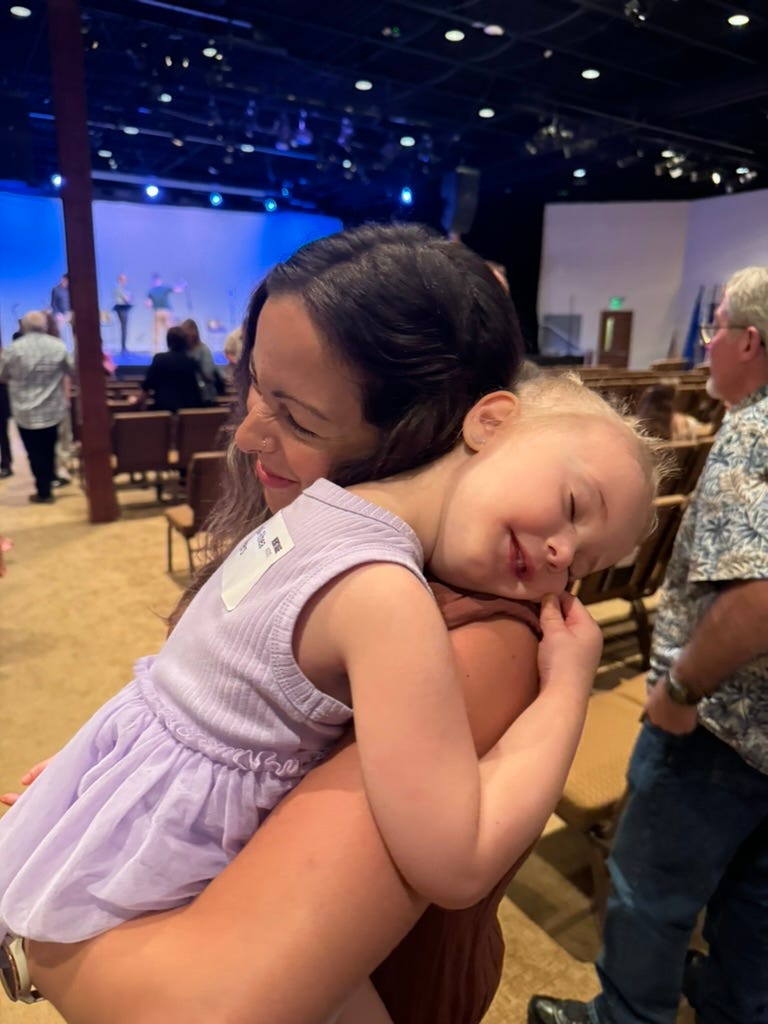

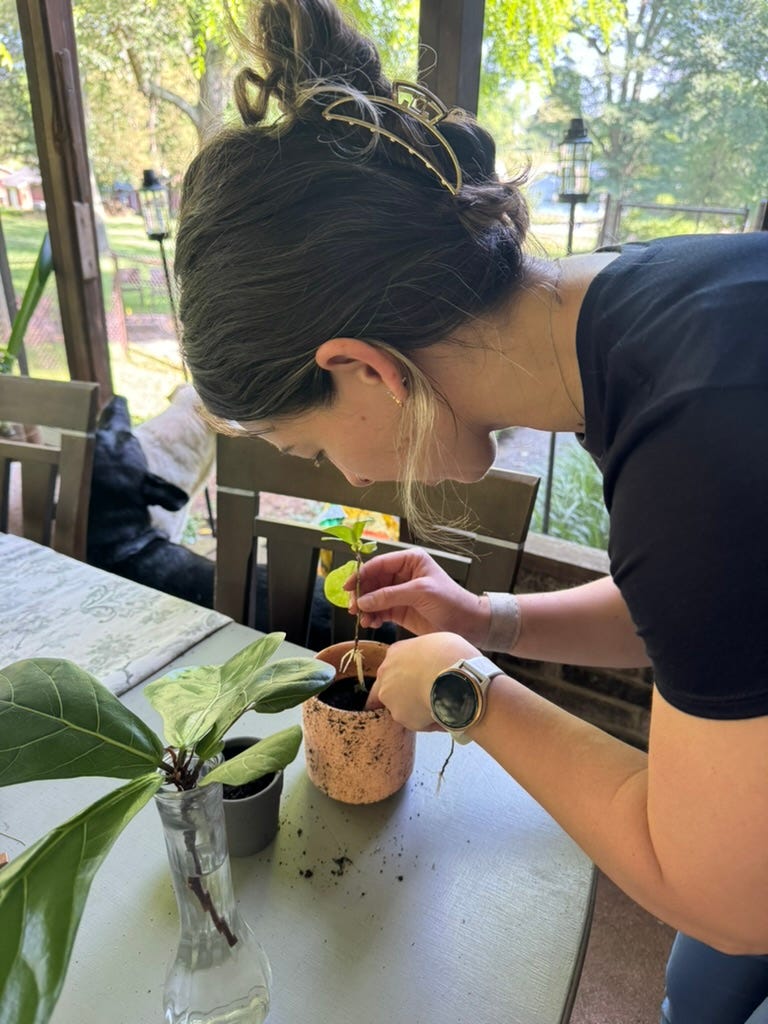

I love your list of what it means to be human <3
will be sending this to all my AI worried clients, tysm ✌🏼